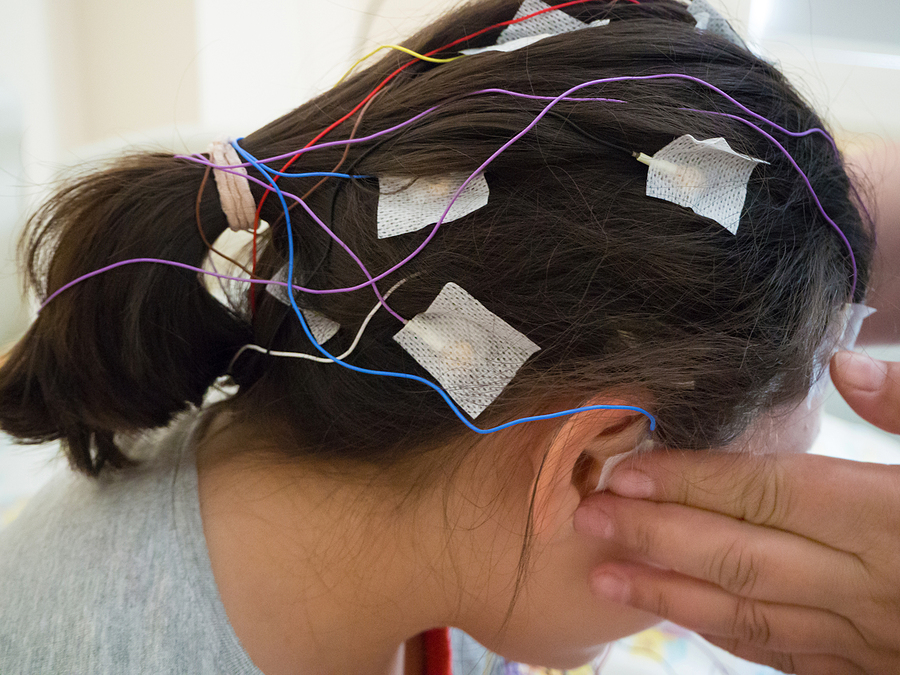Have you noticed? Everywhere you turn it seems people are making buying decisions that don’t make sense at all …
Poking around, Princeton researchers believe they’ve found something new that will explain it.
Decisions are made primarily in two parts of the brain they tell us. The first part is the Prefrontal Cortex. This is where deductive reasoning is supposed to take place, such as when a person decides on which automobile is the best value.
The second one, deeper down in our melons is the limbic system – where we actually decide which car to buy – usually the one that makes us “feel” good.
Eureka! A clue… Feeling good = Open wallet?
Let us examine this “feel good” phenomena …
If you fancy yourself a manly man (or woman), they say, chances are you’ll go for a full size pickup truck, even though you’ve got nothing to haul from here to there but your own ego (or twisted sexuality). Ridiculous I say …
I make a point of getting in my car to conduct a corollary examination.
Obviously I don’t drive much, because sure enough, I am confronted with it… Evidence.
MONSTER TRUCKS! Legendary HEMI POWER! Enough muscle to move Mount Olympus, but not a cement mixer to be found… no lumber… no scrap metal… not even a trace. I am duly impressed.
If you prefer to think of yourself as an intellectual they say, perhaps a German car is the way to show the world? Maybe behind the wheel of an Audi, or a Mercedes, finally you’ll feel at one with Nietzsche and Goethe. Several snooty encounters with motorists in uncharacteristically luxurious Volkswagens leave me suitably convinced.
Or if you’re a trendy environmentalist they say, you’ll want to publicize that too. In a sleek new Smart Car, you’ll feel as smug as a Vegan at a Texas barbecue as you bob to and fro among the eighteen-wheelers. I take them on faith …
The researchers tell us our limbic system is a throwback to primordial times, before the evolution of the rational mind. It decides our likes and dislikes and tells us how to react immediately to external stimuli.
I come face to face with the phenomena …
A RAM truck cuts me off in traffic. Automatically my limbic system springs to action. It raises my left arm out the window in reflexive execution of the middle finger salute. Luckily, before I can complete the gesture, my Prefrontal Cortex intervenes.
Prospects with electrodes attached to their heads …

Perhaps there is something to the researcher’s experiments after all. Can we learn something from their neurological forays?
Subjects to experiments are told they have a one-time opportunity to split $10 with someone else. In order to claim their share of the prize, all they need to do is accept what’s offered.
During the experiments, the subjects’ brains are scanned in order to see which parts of the brain are active at each moment of the encounter.
The researchers observed that the more “unfair” the offer, the more activity they saw in an area called the anterior insula, which is associated with disgust and other negative emotions. Not only was there an emotional response, but a seeming competition between different ways of processing the situation.
During the study, the subjects rejected low offers about half the time, which is entirely irrational.
Alan Sanfey, the lead author of the study explains. “When we explain the game to people they often ask, ‘So why would I ever reject an offer? What’s the trick?’ And we say, ‘There’s no trick; if you reject an offer you don’t get any money; if you accept the offer, you get it.’ And they say ‘OK.’ And yet when they get in there and receive an unfair offer, oftentimes they reject it. There’s an element of feeling a little betrayed.”
And there you have it. Another clue. Emotion. These subjects experience that peculiar, prickly bodily sensation known as “betrayal”, and it is every bit as motivating as the rational desire for gain. But where does this idea of betrayal come from?
Why Pavlov’s Bell works on humans too…

Of course the quick useful answer is, the same place that every other “emotion” comes from. It is a conditioned response. Somehow, society has conditioned people to automatically respond to “unfair” offers this way. That’s why the emotions are such a powerful tool, and so important to creating compelling copy. Just as surely, people behave in just the opposite way when your copy conveys your offer as being more than fair …
The very words themselves are triggers that induce emotional states. They are the equivalent of Pavlov’s bell. Each one a lever that sets in motion a myriad of associations that have been indelibly etched into the prospect’s mind by years of social conditioning. Take the word “fair” for example. This is a POWER word if there ever was one. This one’s been drilled into your noggin hard, ever since you were a little tike.
We think we are in tight control of our thoughts, and that our actions are deliberate and rational, but this is hardly the truth. We are much more influenced by what we see, hear, and read than we think.
When we experience a piece of copy, we make “implicit associations” that are below our level of awareness. We think in relative terms, unconsciously comparing what we perceive with what we know.
When we encounter adjectives and qualifiers like “fair”, they trigger these associations whether we like it or not. When we see or hear our name, or the word YOU we snap to attention automatically without even realizing it, because that’s the way we’ve been conditioned.
In fact, every word you use is packed with decades of implicit associations that are under the conscious awareness of your prospect, the result of this social conditioning.
Not only can you leverage this conditioning by choosing your words wisely, you can use the same conditioned response phenomena to create new implicit associations “in the moment”.
Think of it. For every emotion you evoke in your copy, you are conditioning your prospect to behave in a way that is consistent with that emotion. You saw this born out in the aforementioned experiment. About half of the subjects of the experiment behaved in a way that was consistent with the feeling of being betrayed.
Similarly, for every point of agreement you score with your prospects early in your funnel, you are in effect conditioning them to continue agreeing with you as they progress.
Do you see the power in this?
A fascinating experiment on YOU …

To prove to you the power of implicit association, let us conduct another experiment right now.
At a rational level, many people swear up and down that they do not hold prejudicial biases based on such things as age, gender, race, or sexual orientation.
Researchers at Harvard University have developed a test that purportedly confirms or denies these conclusions …
It works by measuring the subconscious associations that spring to mind immediately when trying to associate words and pictures. The same kinds of automatic impulses that give rise to the emotions. I’m not going to tell you how it does this, because that might ruin the fun.
Go here https://implicit.harvard.edu/implicit/demo and take the test. Pick a topic where you believe you do not have a bias. You may be quite surprised by the results. Some people actually find it disturbing.
The reason I ask you to take that test is to help you to better appreciate and respect the immense power you hold in your hands as a marketer and persuader. I want you to truly value the inherent, almost hypnotic power of words to bring about marked changes in mood and even physiology. They are much more than mere words.
They are powerful triggers that allow you to harness decades of social conditioning, and ethically guide your prospects to decisions that allow them to achieve better lives for themselves. That’s your mission, and in your hands, the pen really is, mightier than the sword!
Until next time, Good Selling!
Nicesly wriitten and done my friend.
I’ve just started writing a blog very recently and realised
lot off bloggers merely rehash old ideas but add vedy little of worth.
It’s fantastic to read a beneficial write-up of slme true value
to your readers.
It’s on the list of things I need to emulate as a new
blogger. Reader engagement and content quality are king.
Many great ideas; you have absolutely got on mmy list of blogs
to watch!
Keep up the excellent work!
Cheers,
Corissa
PlayuzuCasino, la verdad, no me quejo. La variedad de juegos es buena y hasta ahora he tenido suerte. Podrían agregar más métodos de pago eso si. Échale un ojo playuzucasino.